Oxfam scandal: what is the future for UK foreign aid?
In Depth: Theresa May has not cut the overseas relief budget - yet
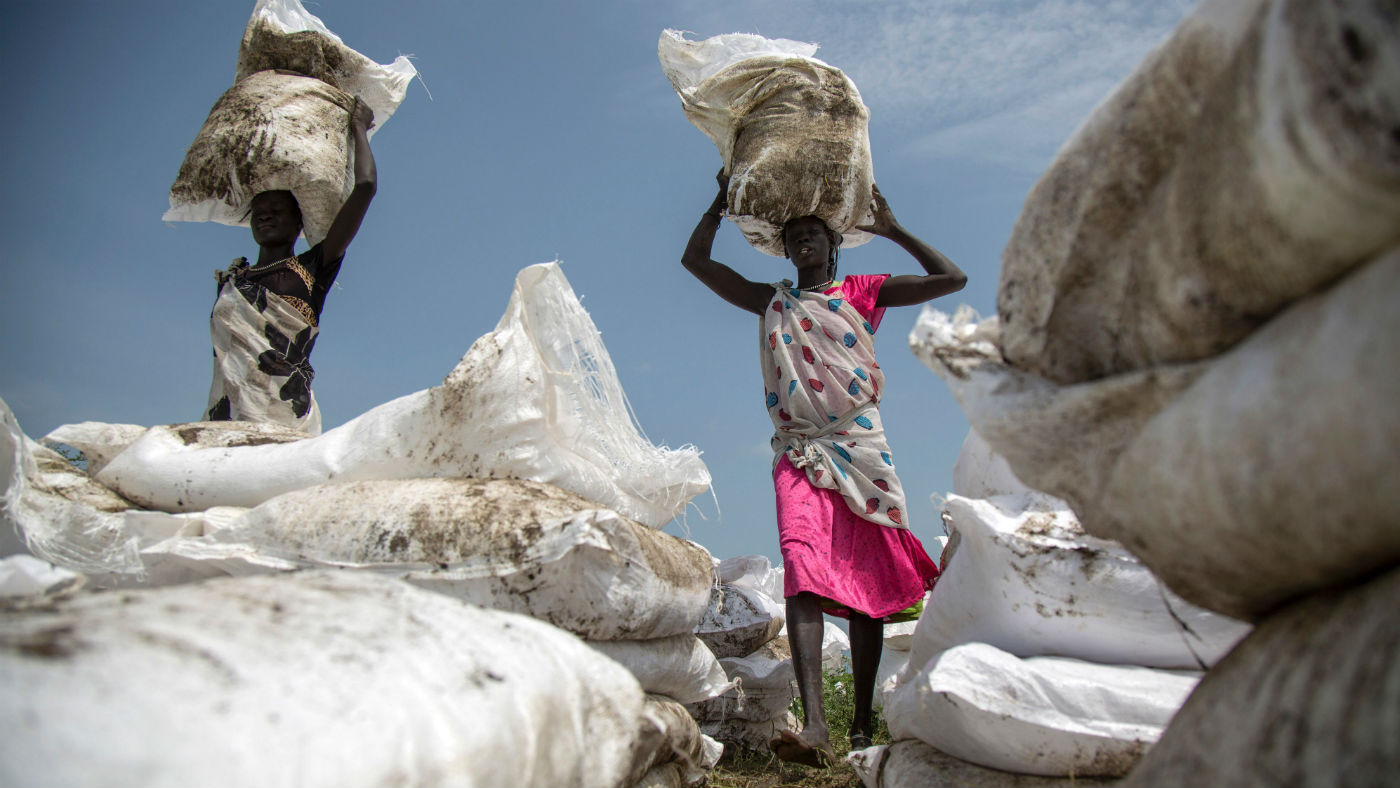
A free daily email with the biggest news stories of the day – and the best features from TheWeek.com
You are now subscribed
Your newsletter sign-up was successful
Revelations that Oxfam workers paid for prostitutes during Haiti’s 2010 earthquake have reopened a long-standing debate about whether the UK should cut the foreign aid budget.
So far, Theresa May has said she will not abandon the UK’s commitment to spend 0.7% of national income on foreign aid, despite pressure from within her party in response to the scandal. The Guardian notes that the commitment is a legal obligation.
But what does the future hold for foreign aid?
The Week
Escape your echo chamber. Get the facts behind the news, plus analysis from multiple perspectives.

Sign up for The Week's Free Newsletters
From our morning news briefing to a weekly Good News Newsletter, get the best of The Week delivered directly to your inbox.
From our morning news briefing to a weekly Good News Newsletter, get the best of The Week delivered directly to your inbox.
Serious shake-up
As more claims of sexual misconduct by aid workers emerged, The Daily Telegraph asked: “Should Britain really be spending almost £14bn a year on overseas development when ‘austerity’ has for so long been the grinding watchword at home?”
The Times says it is time for a serious shake-up in the way international aid is meted out. It is clear that there “is now a serious disconnect between the priorities set by the Foreign Secretary and the policies which flow from the wealthier International Development Department’s ability to effect change”, the newspaper says.
Given that “virtue signalling” is “now the driving force behind our aid policy”, it is no surprise that “anybody daring to question where the money goes” gets a hard time, says The Sun.
A free daily email with the biggest news stories of the day – and the best features from TheWeek.com
The truth is that the aid system is “fundamentally broken”, argues the paper, adding: “For years we’ve told how taxpayers’ cash is ploughed into vanity projects that do little to help the world’s poorest.”
Others insist questions about the UK’s budget for foreign aid must be seen in context with the Oxfam sex scandal.
“Suspicion will grow that Whitehall mandarins were aware, more or less, of what was going on,” says the Telegraph.
The Spectator goes a step further in its lead story, which asks: “Does aid do more harm than good?”
“Aid does little to promote peace, security, trade and good governance,” writes the newspaper’s Harriet Sergeant. “The cascade of aid money permits government to abdicate its responsibility to fund health care, education and infrastructure. It promotes a disconnect between a government and its citizens. When foreign donors cover 40% of the operating budgets of countries such as Kenya and Uganda, why would leaders listen to their citizens? Schmoozing foreign donors comes first.”
Aid as reparation
Those in the aid industry argue that the Oxfam scandal emerged amid a worldwide movement to openly recognise sexual harassment and violence.
Yet “unlike other sectors, where allegations of misconduct have led to calls for reform, the response here has been to suggest funding cuts”, says Luisa Enria, a lecturer in international development at the University of Bath, in an article on The Conversation.
Aid should be seen as a form of reparation for past wrongs, she argues. “This would help reframe the conversation about its value - alongside broader arguments about global citizenship.”
Stephen Twigg, chair of the International Development Select Committee, says sexual abuse is “about the abuse of power and needs to be rooted out if committed by aid workers as by anyone else”.
A perfect storm?
As the UK aid commitment has been enshrined in law, it would take an Act of Parliament to cut foreign aid. With Labour, the Lib Dems and SNP all pledging to maintain spending levels, a change seems unlikely, although not impossible.
“You can see a perfect storm for opponents of the UK’s aid commitment,” says the New Statesman’s Stephen Bush.
“The post-Weinstein tide of revelations hits the UK’s NGOs, at the same time as the DfId [Department for International Development] Secretary is moving more of DfId’s spending into areas that command increasingly small levels of public support, while the Government as a whole ceases to argue for the 0.7 target as David Cameron’s did,” Bush says.
Tory MP Jacob Rees-Mogg has suggested there that would be no sanction for changing the target, however, offering a possible solution.
“If the 0.7% commitment were not met, the law requires that the secretary of state makes a statement to Parliament,” Rees-Mogg told The Guardian. “It would not seem unreasonable for the secretary of state to make such a statement on the basis that HM government cannot be certain that all the money is being well spent.”
-
 What are the best investments for beginners?
What are the best investments for beginners?The Explainer Stocks and ETFs and bonds, oh my
-
 What to know before filing your own taxes for the first time
What to know before filing your own taxes for the first timethe explainer Tackle this financial milestone with confidence
-
 The biggest box office flops of the 21st century
The biggest box office flops of the 21st centuryin depth Unnecessary remakes and turgid, expensive CGI-fests highlight this list of these most notorious box-office losers
-
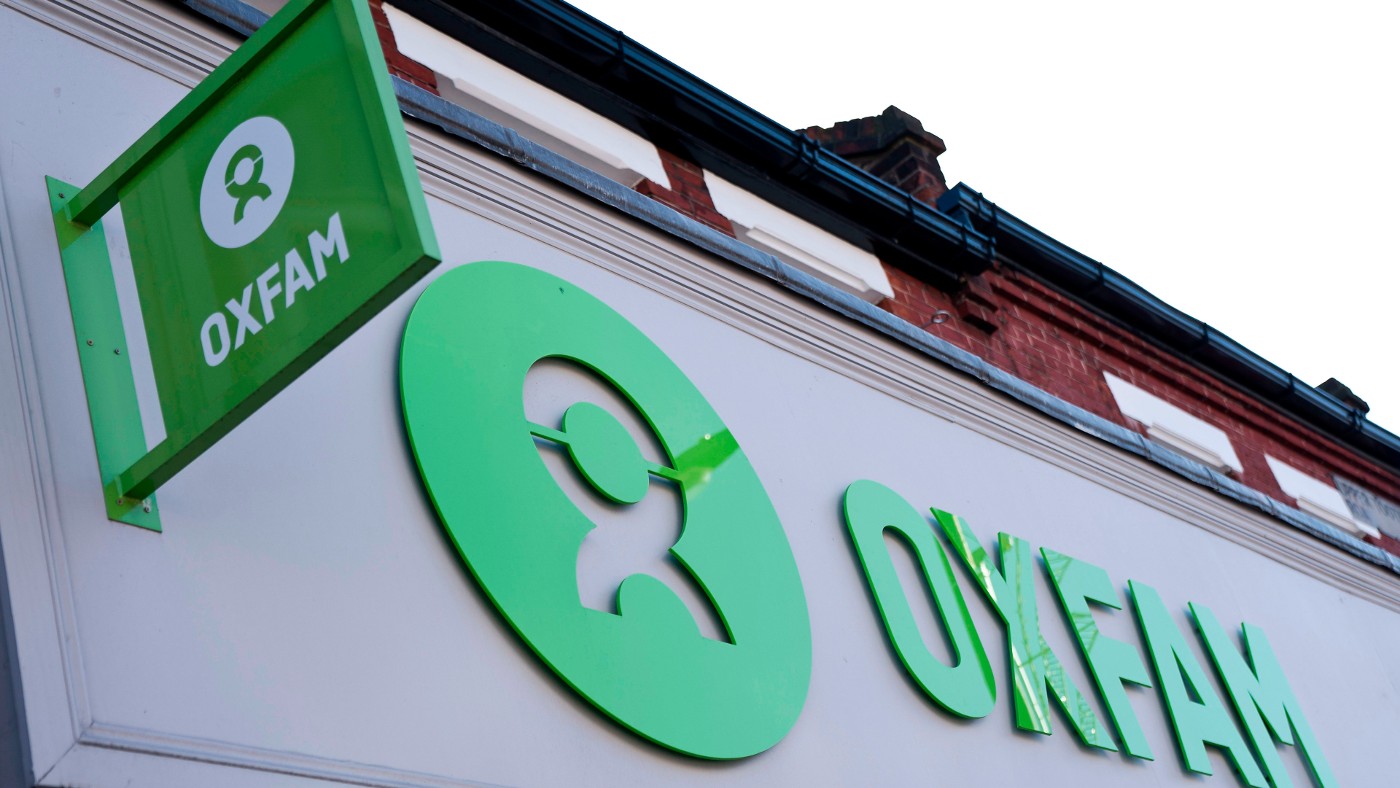 Charity shop painting sells for £25,000
Charity shop painting sells for £25,000Tall Tales And other stories from the stranger side of life
-
 Pros and cons of cash transfers in humanitarian aid
Pros and cons of cash transfers in humanitarian aidPros and Cons The number of people around the world receiving direct monetary aid has risen 240% since 2020
-
 ‘Teenagers shouldn’t have to decide if they’re public figures or jesters’
‘Teenagers shouldn’t have to decide if they’re public figures or jesters’Instant Opinion Your digest of analysis and commentary from the British and international press
-
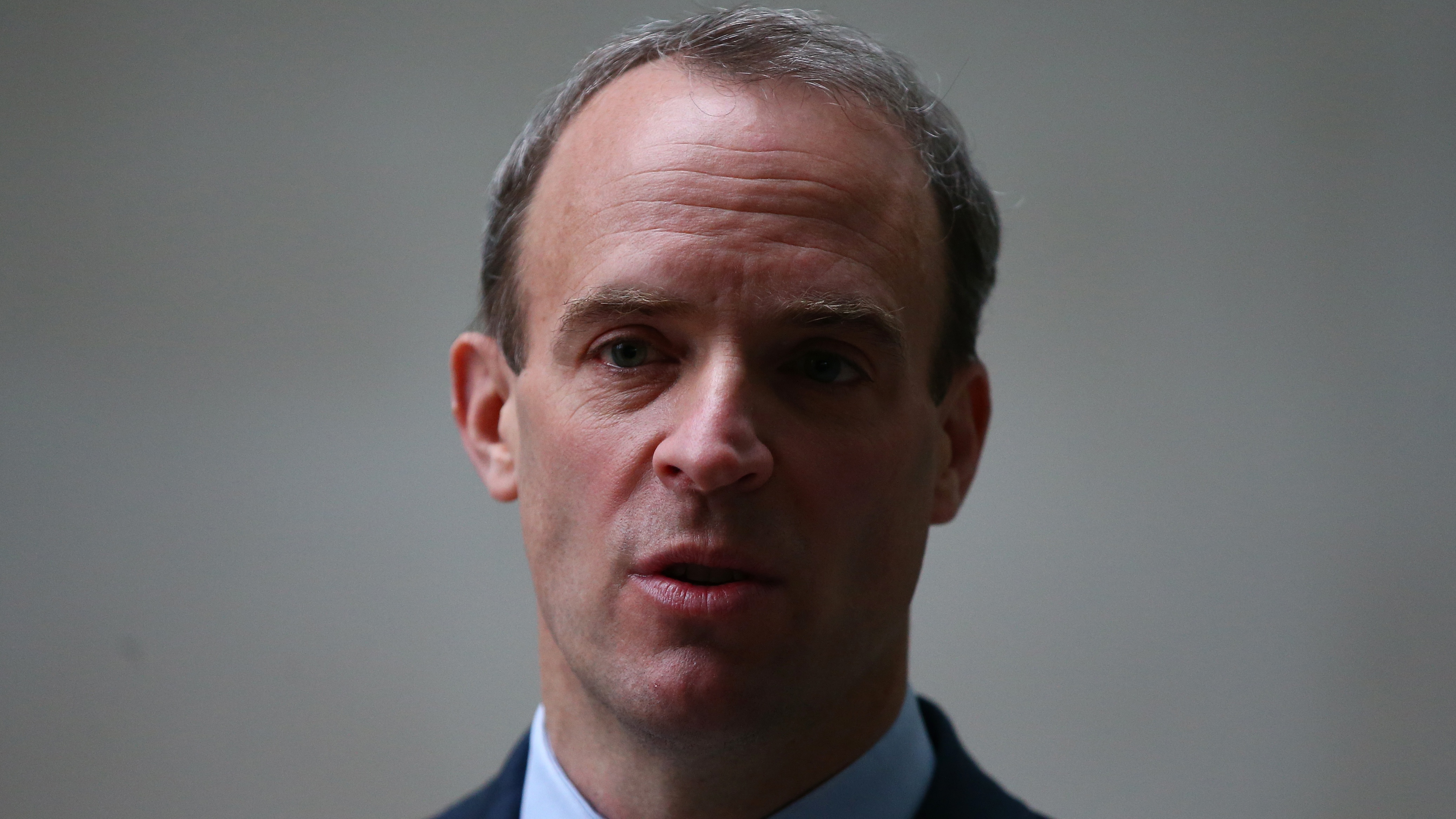 Where the £4bn cuts in UK foreign aid might fall
Where the £4bn cuts in UK foreign aid might fallIn the Spotlight China is targeted as the government outlines plans for reduced overseas spending
-
 How has Oxfam sex scandal affected the charity?
How has Oxfam sex scandal affected the charity?In Depth Jobs to be cut to make up for £16m shortfall following Haiti abuse
-
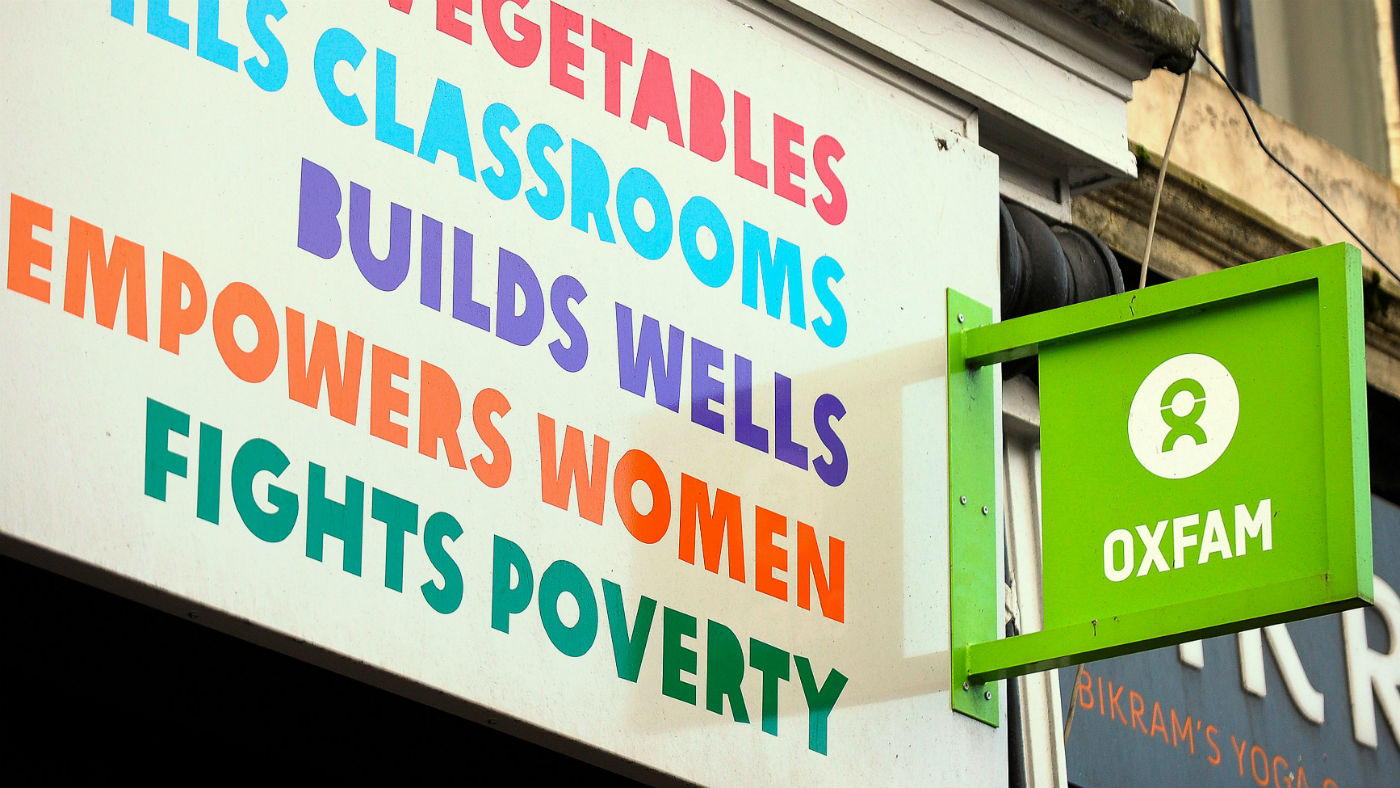 Donations fall as scandal-hit charities lose public trust
Donations fall as scandal-hit charities lose public trustSpeed Read Percentage of people giving money drops as number who believe sector is untrustworthy rises
-
 UK to quit Unesco?
UK to quit Unesco?In Depth Proposals for Britain to follow Israel and US in leaving the UN body
-
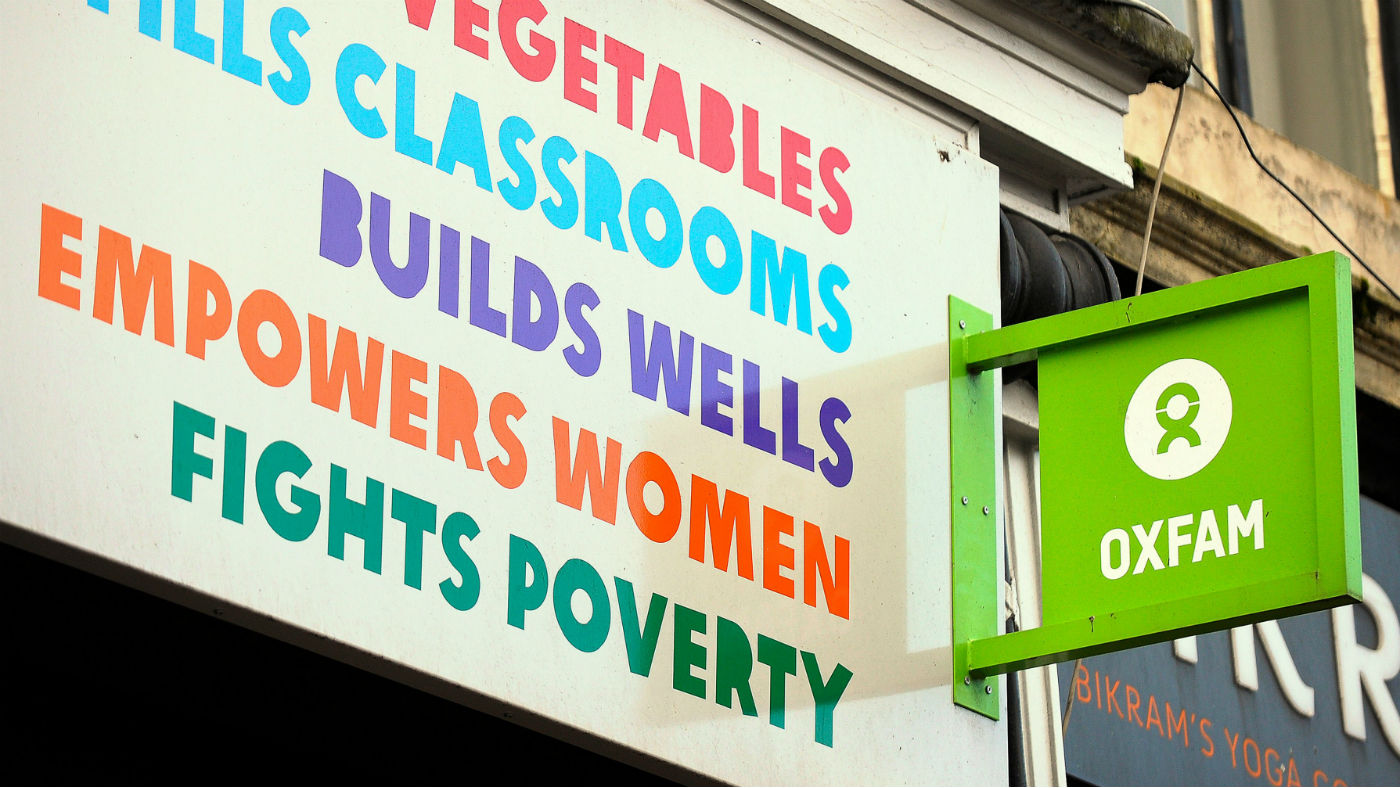 Reports of abuse at charities skyrockets
Reports of abuse at charities skyrocketsSpeed Read Minister warns ‘predatory individuals’ to move out of charities sector after sharp spike in abuse claims